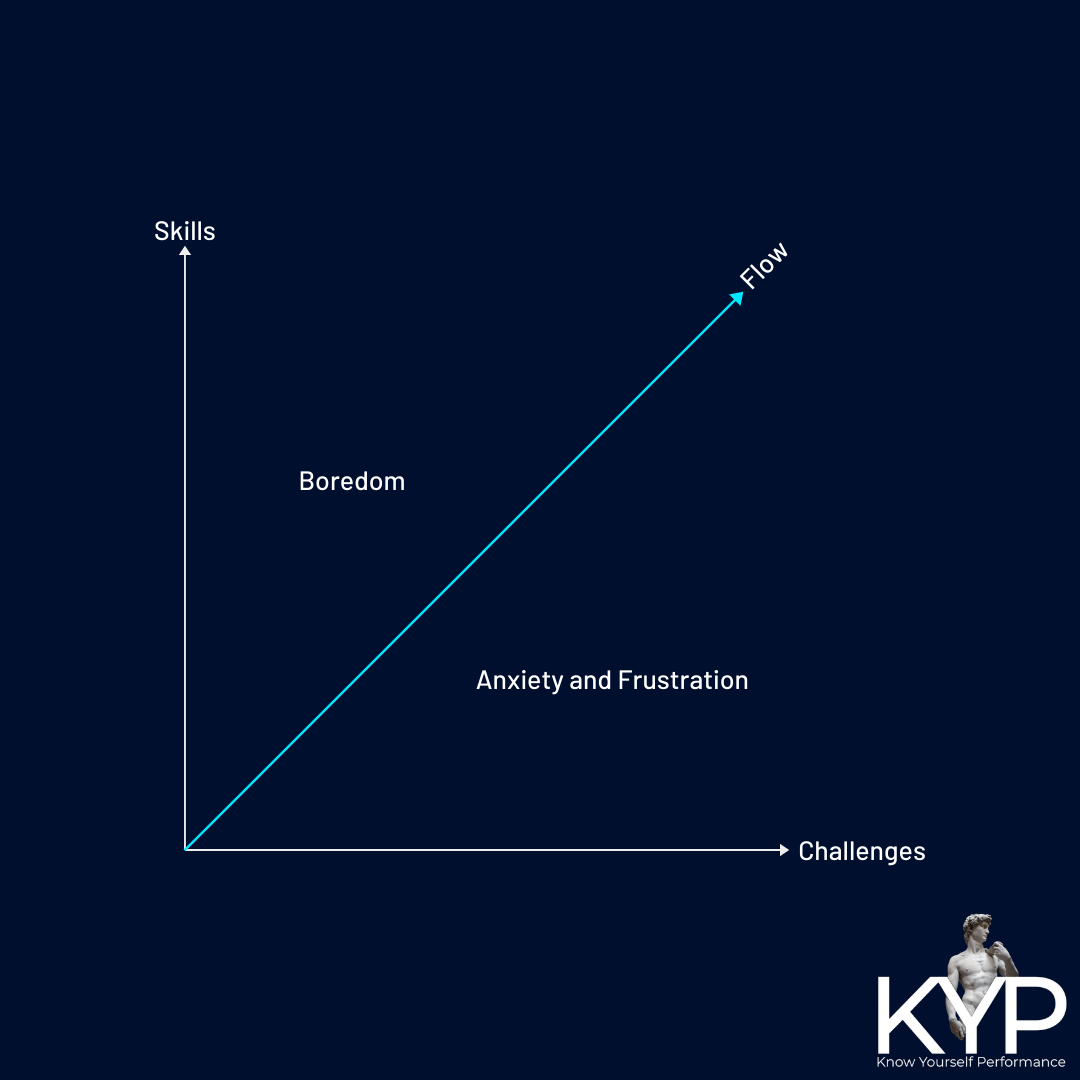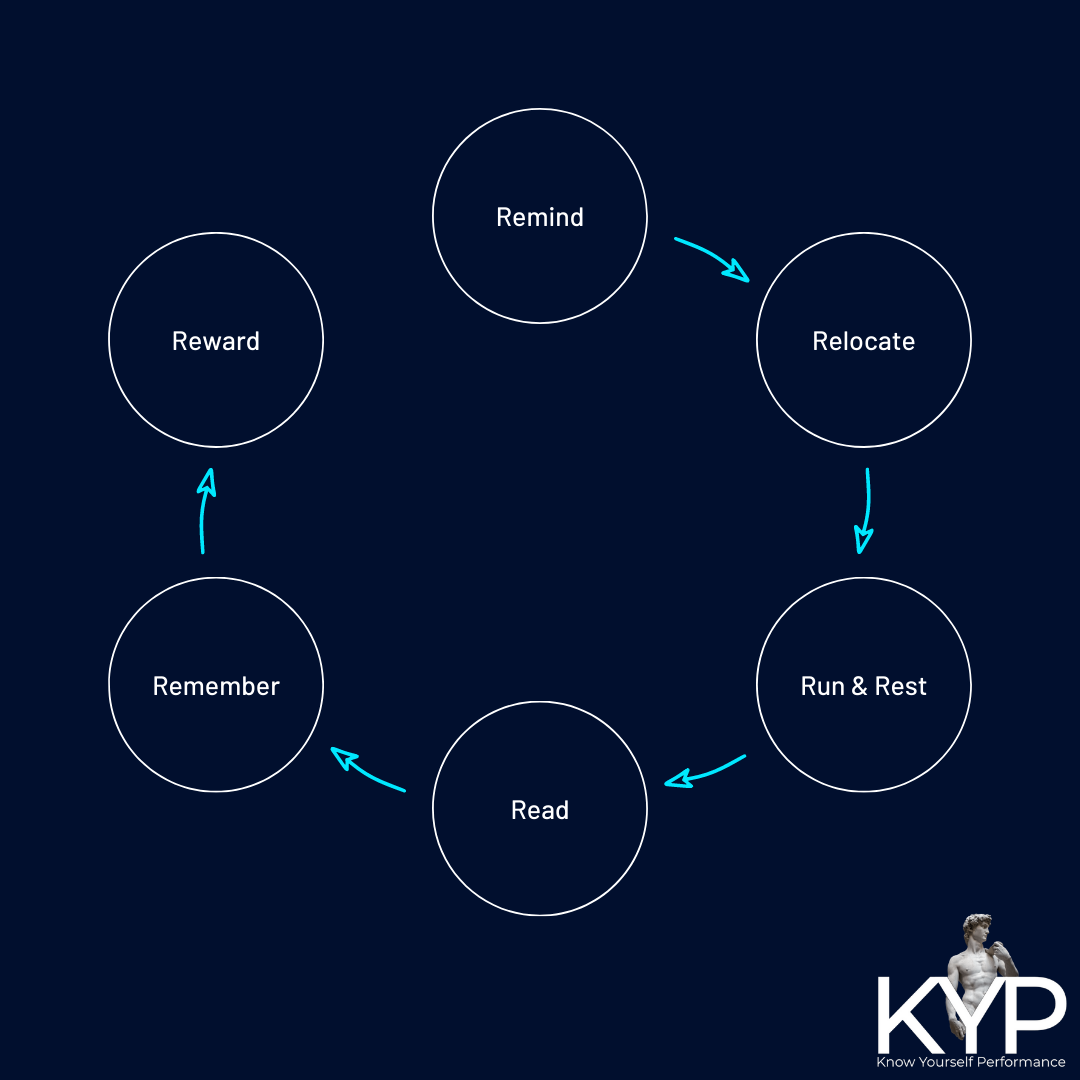If you’d prefer to listen to this article, click here (Podcast link).
The Stanford Marshmallow Experiment is a famous study where each child was told they'd get a second marshmallow if they refrained from eating the one in front of them while the investigator was out of the room.
When they followed up the children years later as adults, those who originally didn't eat the first marshmallow were shown to have achieved greater success in life.
While it has been pointed out that family backgrounds and socioeconomic situations played a role, the prominent theory remains that the delayed gratification shown by the children carried over throughout their life, and the decisions they made reflected that.
Delayed gratification (the act of resisting an impulse to take an immediately available reward in the hope of obtaining a more-valued reward in the future) can be seen in some practical situations involving the idea of sacrificing something now for a future pay-off.
"If I can sacrifice doing something fun with my friends now and study instead, I'll be able to do well in my exams and have the freedom to enjoy my summer."
"If I put in an extra few hours of work in the office for the next few weeks, I'll miss out on relaxation time in the evenings, but in a couple of months, I'll get a promotion to a job which is more enjoyable for me."
"If I don't give up in this intense running session now, I'll be fitter and better able to express myself on the sports field in a few weeks."
This manifests itself when we set future goals for ourselves. For example, losing a few pounds by eating better and starting going to the gym, or learning to play a musical instrument, or starting a new business venture.
You're amped up by the vision of the future you, and the temptation is to tell people about your goals right away. You'll get a bit of vocal support from those around you when you tell them, and you might enjoy the few likes and comments when you post about it on social media.
And it's understandable. Positive social feedback is motivating.
Steven Kotler talks about how when setting goals, the initial boost of motivation, primarily driven by dopamine, can be effectively followed up by some social interaction, with oxytocin giving us another push on after the initial motivation boost.
This feels good in the short-term, but if long-term progress is what we're interested in, then we need to think of these neurological 'hits' as being habit-forming, or encouraging of repeating whatever behaviours got us those 'hits'.
If you got them from telling people you're going to start going to the gym, or telling them you're going to start a new business, you have to ask, is the behaviour of 'telling people you're going to start' the behaviour you want to be encouraging in yourself?
Probably not. You’d probably prefer to encourage repeating the actual actions that are going to get you closer to your long-term goals.
Even if you are only trying to maximise the positive social feedback, you'll get a lot more of it when you're able to tell them that you've actually done the thing, than you'll get from talking about your intentions of starting it.
With this in mind, you might decide to refrain from telling people about your new gym routine until after you've done your first 10 sessions. You might only publicise your new blog after you've written your first 5 articles. You might tell your parents or friends about your job hunt, but only after you've sent CVs to 3 companies.
Not only will you get the positive emotion associated with more credit and support having actually achieved something, but that positive feedback will also encourage repeated instances of that behaviour in yourself. E.g. encouraging you to do 10 more gym sessions.
The more you can implement this type of thinking, forgoing the initial positive social feedback (the first marshmallow) in favour of the longer-term payoff (the second marshmallow), the more you'll be able to delay gratification in your life with respect to your goals, and generally, that's going to lead to better outcomes.
Ultimately, however, the aim is to create your own metaphorical marshmallow factory, where you're no longer reliant on the social positive feedback, and where doing the thing in itself, and moving towards your long-term goals, becomes its own reward.













